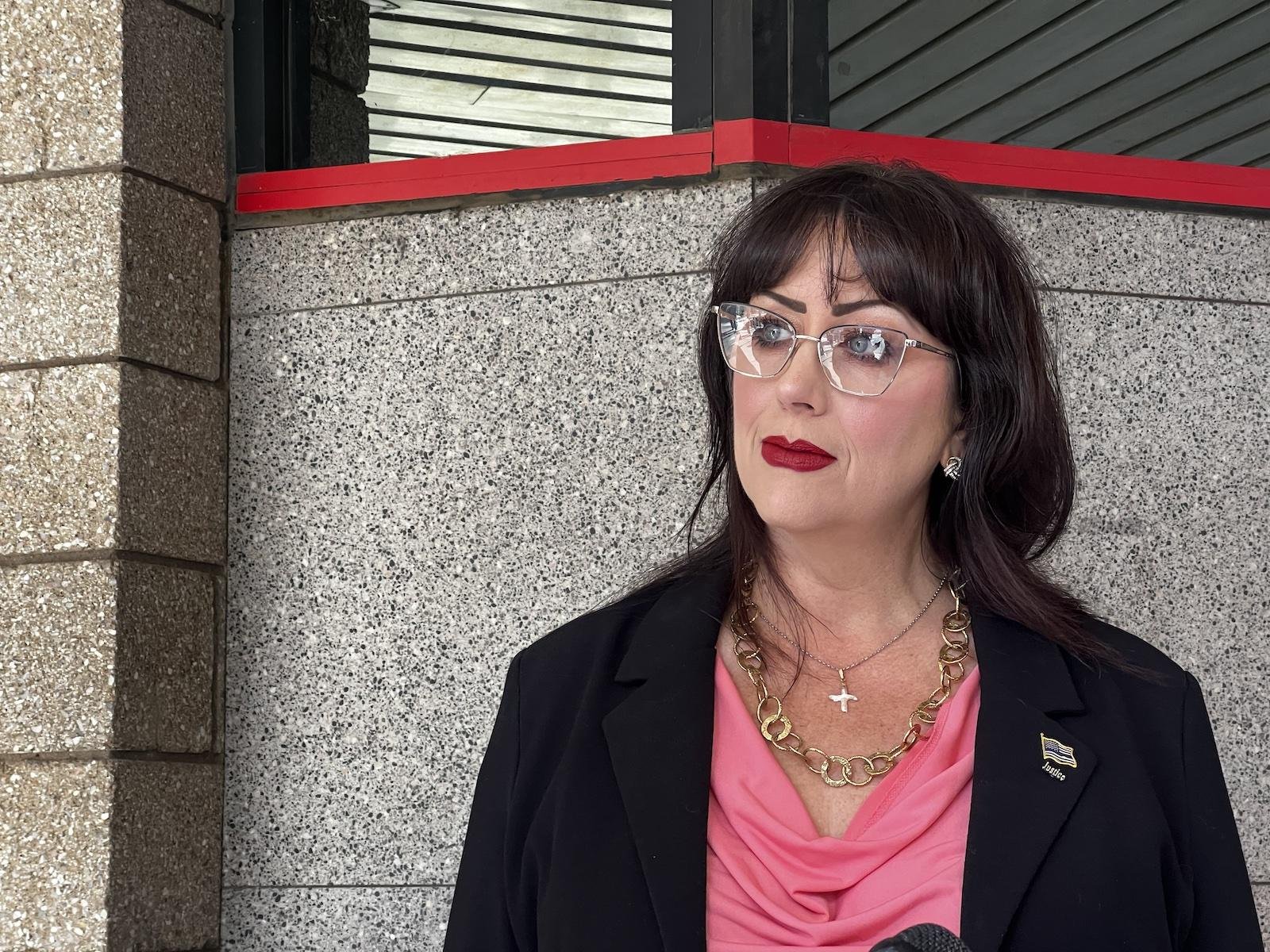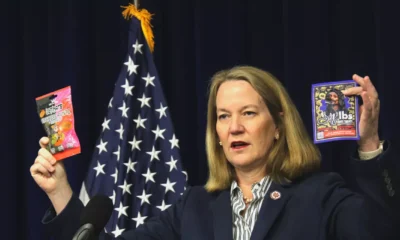arizona
Wadsack Enrolls in Driving Course to Address Speeding Charge as Judge Dismisses ‘Privilege’ Argument

Arizona State Senator Justine Wadsack has avoided trial next week by agreeing to a defensive driving class, closing a chapter on a criminal speeding charge that stirred significant controversy. Wadsack, a Republican, faced allegations of driving her Tesla over 70 mph down Speedway while not able to provide proof of insurance.
This legal matter was scheduled for a Tucson City Court hearing on December 23. However, her attorney, Brad Miller, formally requested to vacate the upcoming trial, affirming that Wadsack would complete the defensive driving course and demonstrate she had insurance coverage. The Tucson Sentinel attempted to reach Miller for comments but received no response.
Wadsack was stopped by police on March 15 after an officer, on DUI patrol, observed her driving at a high rate of speed along Speedway near North Euclid Avenue. The citation was first reported exclusively by the Sentinel in July.
Miller’s arguments for dismissing the charges leaned heavily on legislative immunity, claiming that Wadsack, as a state senator, was shielded from criminal prosecution during the legislative session. However, City Magistrate Lisa Surhio dismissed this notion, stating that granting absolute immunity would allow legislators to evade accountability for criminal actions.
Surhio emphasized, “Public employment is not a sanctuary for crime.” She noted that legislative immunity, as defined in both federal and state constitutions, does not extend to all offenses, particularly violating traffic laws. Assistant city attorney Matthew Walker confirmed the case was vacated as requested by Miller, highlighting that judges typically approve defensive driving options in such instances.
Wadsack claims to be a victim of “political persecution,” arguing that her case was prejudiced by city officials who leaked information to her political opponent, Vince Leach, during the primary elections. She described being pulled over while racing home due to a low battery charge on her Tesla, insisting she was not speeding.
Exceeding the speed limit by 20 mph garners a class 3 misdemeanor charge in Arizona. Wadsack narrowly avoided an immediate citation upon identifying herself as a senator. Arizona lawmakers, similar to their congressional counterparts, cannot be arrested while in session, which adds complexity to cases like Wadsack’s.
Following the initial stop, Miller proposed taking further legal action against the city, seeking interviews with city leaders and TPD officers involved in the case, including those who participated in the traffic stop. He also argued that previous claims of legislative immunity offered to Wadsack were misinterpreted and that the police did not possess adequate evidence to pursue her speeding charge.
The situation escalated as Miller alleged that the police department employed tactics aimed at influencing electoral outcomes. He accused TPD commanders of leaking details to the press, thereby damaging Wadsack’s political standing, particularly after her endorsement from the Arizona Fraternal Order of Police was rescinded due to the incident.
With weeks of legal wrangling, Surhio upheld that Wadsack’s arguments lacked substantial legal foundation. She reiterated that legislators cannot exploit their positions to circumvent the law, particularly concerning traffic violations, which compromise public safety.
This series of events continues to unfold within the broader context of political dynamics in Arizona, as Wadsack faces the aftereffects of a legal battle that has not only impacted her political career but has also provoked discussions on accountability among state lawmakers.


















